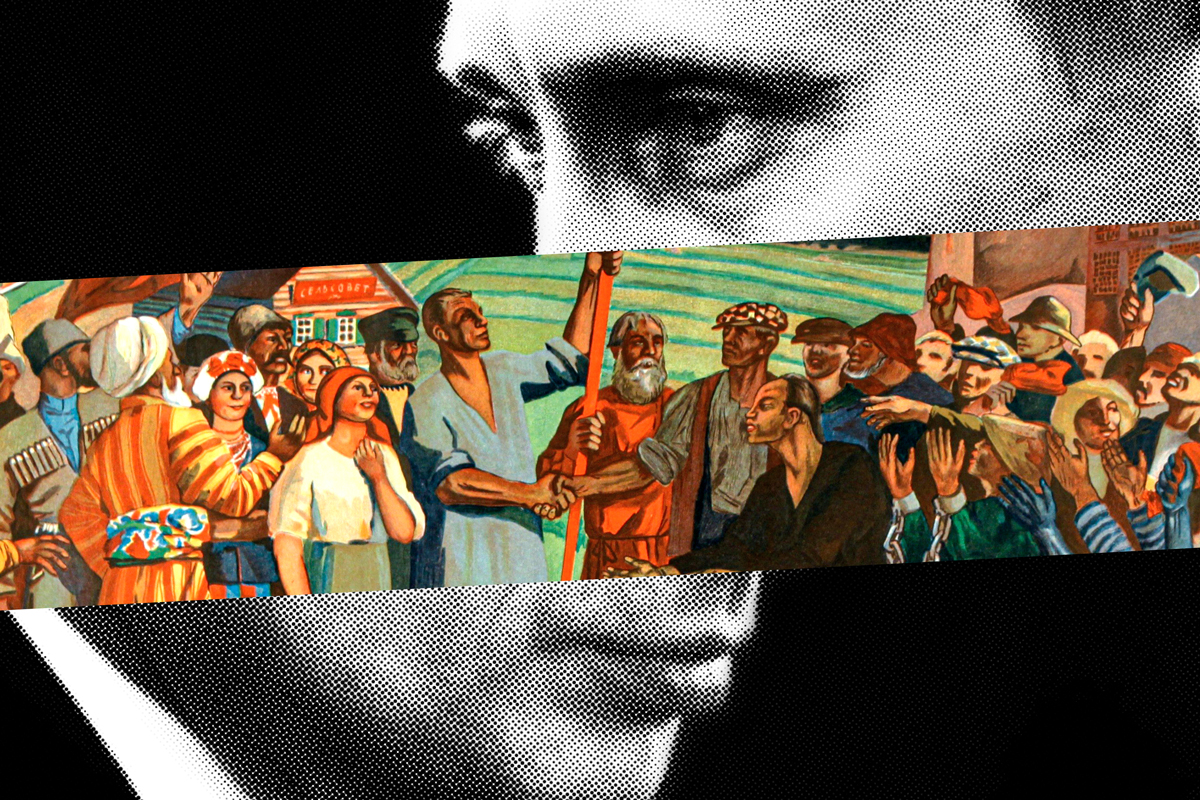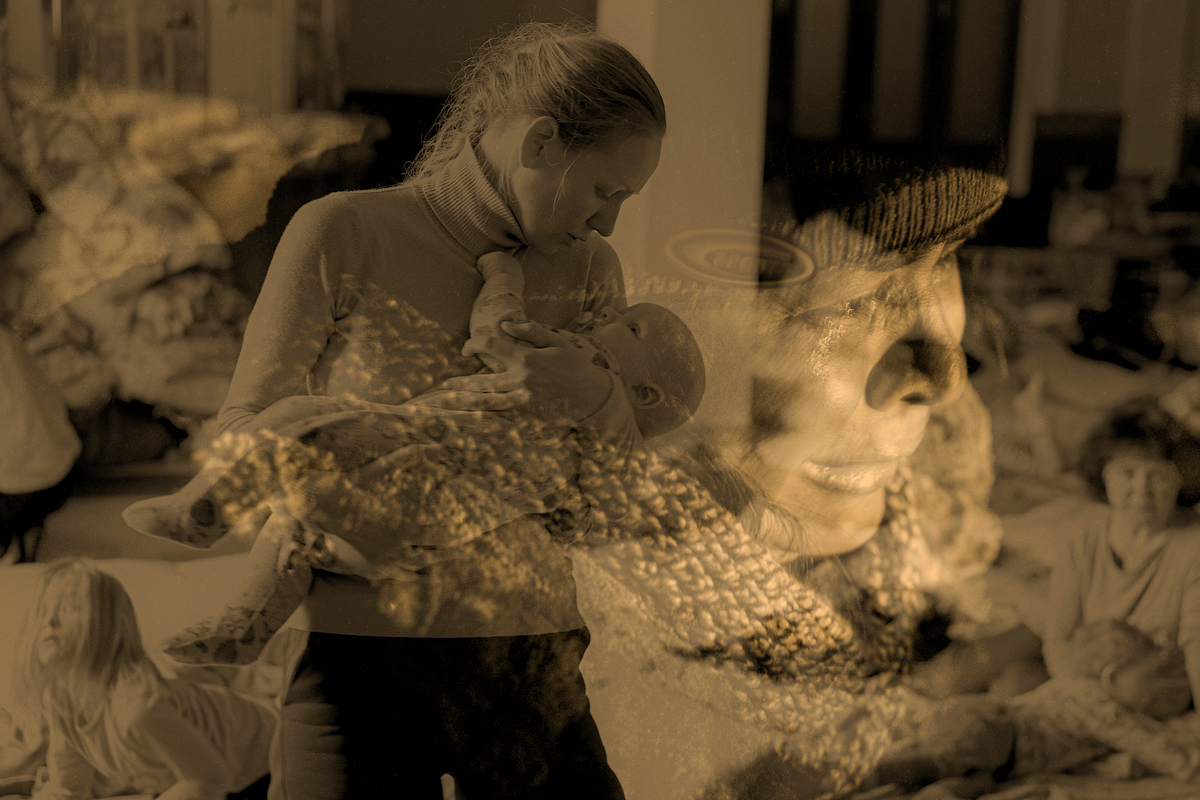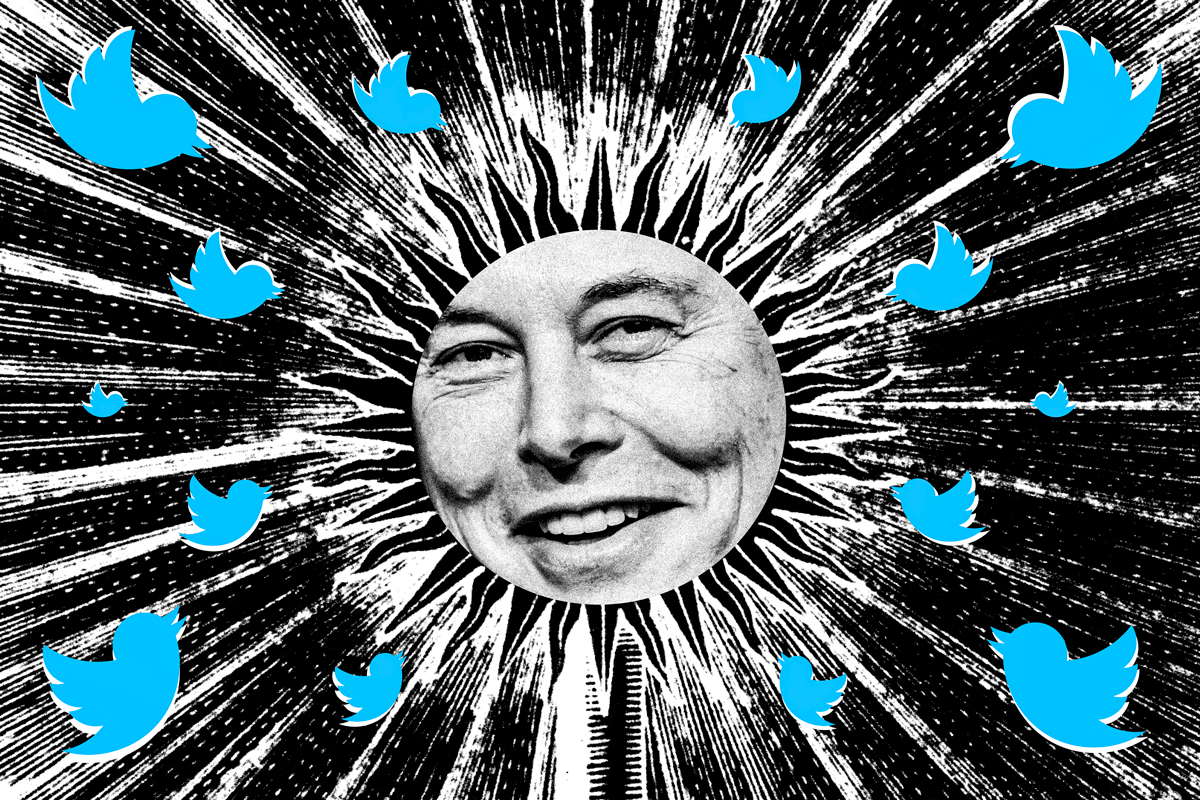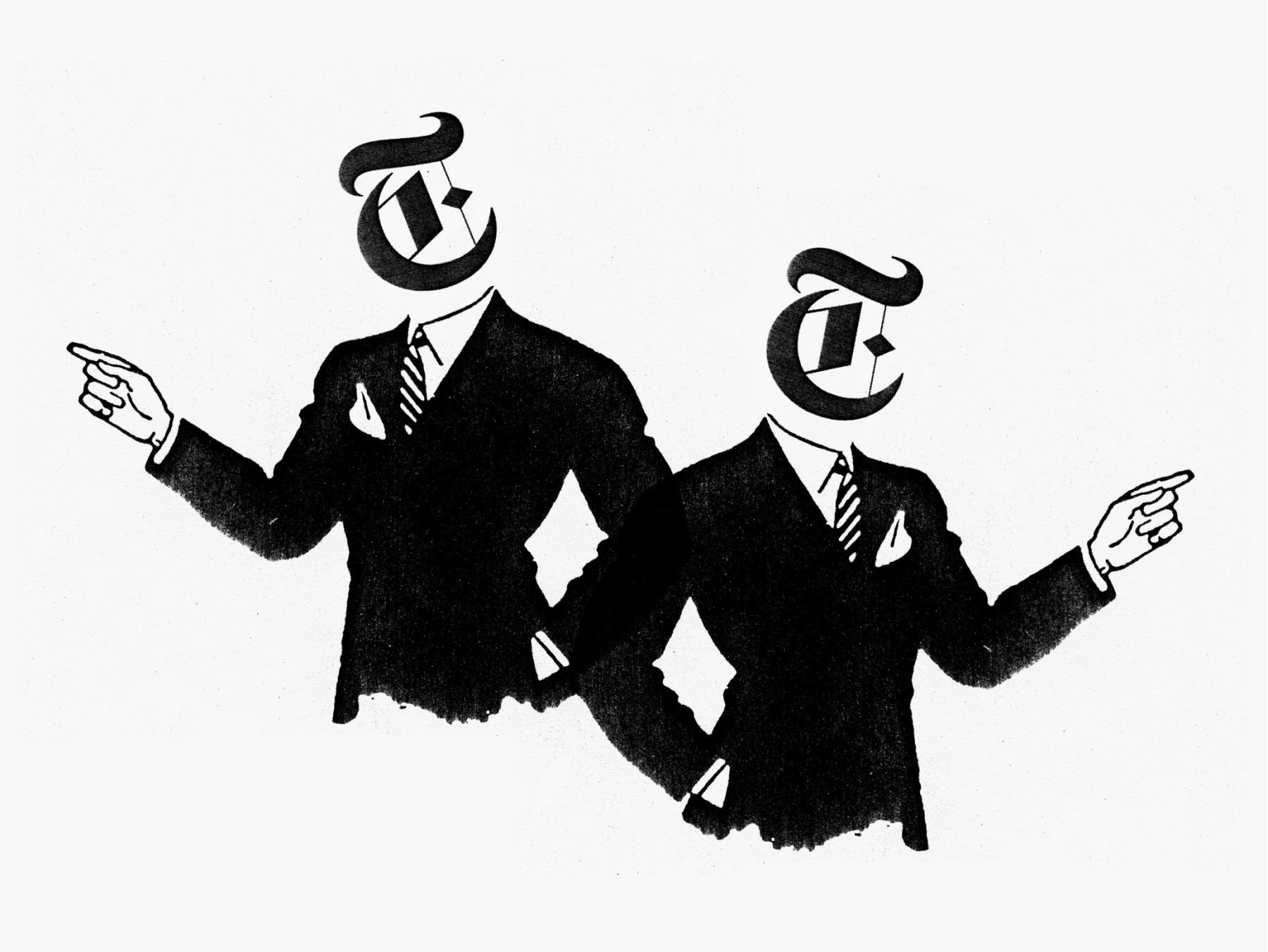Since Russian President Vladimir Putin dispatched troops to invade Ukraine, the conflict has played out in American political debate as an ideological proxy war of sorts. Trumpian pundits and leaders of the ethnic-nationalist right have systematically downplayed Putin’s aggression, and ardent right-wing culture warriors have touted Putin’s heroic resistance to the decadent forces of secularization, ethnic diversity, “wokeness” and the like.
On the surface of things, the American right’s ongoing romance with Putin is a reflexive extension of former President Donald Trump’s sycophantic posture toward the Russian leader. But as is usually the case in the global politics of ethnic-driven empire, the logic of conquest runs far deeper than great-leader allegiances—and recurs ultimately to blood-and-soil myths of racial identity.
Consider the intersecting politics of race and immigration in Putin’s Russia—which bear more than a passing resemblance to recent convulsions in these same arenas of debate on the US right. In the two decades-and-counting that the United States has been fighting the “War on Terror” Putin set about constructing his own mythic “great nation.” Unlike previous iterations of Russian identity, Putin’s Russian, or “russkii,” nation is explicitly race-based: it is centered on white, Slavic ethnic Russian superiority, which allegedly positioned these purer Russians to rule over all other minorities within their dominion. In this construction, the “othered” populations were those who were not visibly white—which in Russia means those from the southern part of the former Soviet Union and others who have darker skin and visibly Asiatic features. Putin’s regime reinforces this racial hierarchy in the same fashion that all apartheid regimes do—by menacing Russia’s designated nonwhite minorities with surprise checks for documents, pulling them off trains and buses, and subjecting them to indiscriminate arrests.
In other words, Tajiks, Kyrgyz and Uzbeks, even if they are legal Russian citizens, are not considered “real” Russians. In Putin’s Russia, being a “real” Russian, or “Rossiya,” means being Slavic or white, rather than possessing the status of a legal Russian citizen. These “real” ethnic Russians (who make up 80 percent of the population) call ethnic minority others “chiorny” or “Black”—a term that isn’t confined to those of African descent, but applied to everyone in non-Slavic populations. They also use derogatory terms such as “churka,” which literally means “block of wood” and signifies being stupid. Most of these “Black” people work in the country’s “twilight economy,” which is not regulated; they typically earn only 40 percent of what a white ethnic Russian would make performing the same job.
In Putin’s Russia, it is entirely permissible to place help-wanted ads in the newspaper and specify that only “Slavs” need apply. Finding housing, particularly in major metropolitan areas like Moscow, is a near-impossible task unless you are both white and have citizenship papers. Advertisements for apartment rentals proudly specify that they will only accept applications from Slavic people.
Unlike previous iterations of Russian identity, Putin’s Russian nation is explicitly race-based.
In contrast to other societies that have institutionalized a popular suspicion of immigrants, Putin’s Russia doesn’t use economic competition as an alibi for unequal treatment. Studies have shown that ethnic Russian prejudice toward non-white people does not change even if immigrant newcomers pose no economic threat to their own interests. If you are not an ethnic Russian, you are ostracized based on the immutable fact that you are not white. If a person does not have legal documentation, as is the case with many of the casual workers in the twilight economy, you have no rights, and white Russians can exploit such people at will and with state backing. Violent attacks on non-white Russians have also become a matter of course in most Russian metropolitan areas. Politicians routinely make xenophobic and racist remarks on television and on social media. Organizations promoting white supremacist and xenophobic views have become more prominent and visible in recent years, galvanizing white Russians under the slogan “Rossiya dlya Russkikh.” (“Russia is for ethnic [white] Russians.”)
Things were not always quite this racist in Russia. In pointed contrast to Putin’s imperial racist agenda, his predecessor Boris Yeltsin always used the word “Rossiiane,” a term intended to reassure Russia’s many ethnic minorities that they, too, were Russian. When Putin came to power, he dropped that term for the designation “russkie”—referencing a narrower cohort of ethnic Russians. Yeltsin’s word denotes a statist idea of belonging and citizenship. Putin’s is a nod to ethno-nationalism and to the premise that the white majority of ethnic Russians are the “true” Russians. It’s thus no surprise that white ethnic Russians, in order to distinguish themselves from their racialized “Black” counterparts, have signed on to Putin’s vision of them as the core of the Russian state.
In early 2012, prior to the first invasion of Ukraine, Putin penned a newspaper article laying out this idea. “The core and fabric of this unique civilization,” Putin wrote, “are the ruskii people and the russkaia culture.” He paid some passing lip service to Russia’s status as a unique multicultural civilization, but went on to argue that ethnic Russians were destined to play a unique leading and consolidating role in bringing diverse groups together. In many ways, this vision worked out to a post-Marxist repackaging of the Soviet principle of a confederated regime in which ethnic Russians were at the top of the heap.
This meant, among other things, the automatic demotion of all groups outside the charmed Caucasian circle of Slavic identity to exoticized (at best) “others”: folksy token figures who would pop up, in classic Soviet fashion, every time Putin’s security state needed a colorful display of diversity. The law permitting “National Cultural Autonomy,” which passed in 1996, permitted ethnic republics to maintain certain degrees of self-determination (in retaining regional language instruction in their schools, for instance) and remained on the books after Putin first came to power in 2000. But Putin acted swiftly to render its substantive provisions a dead letter, under the aegis of new legislation stipulating that Russian federal law would supersede the regionally endorsed strictures of the National Cultural Autonomy initiative.
In a collateral move, Putin marshaled the power of the Russian state to divorce ethnic-minority concerns from the political sphere. Minorities could still claim the largely symbolic cultural right to organize festivals, concerts and exhibitions that complemented existing government initiatives, but they were not empowered to make policy on critical issues such as minority education. Without diminishing the value of cultural festivals and exhibitions, it’s impossible to miss the larger shift here: The deliberate constriction of social power for Russia’s indigenous minorities under Putin illustrates how Russia’s once-vibrant concept of a multi-cultural society was systematically rendered into tokenistic and de-politicized article of consumption—a Potemkin village, to borrow another term from the old Soviet order.
Now that Putin’s empire is at war, it’s all the more likely to resort to more severe forms of racial discrimination and mistreatment.
Such has been the fate of Russian national minorities such as Tatars, Balkarians, and Ingushetians, who are all indigenous. Meanwhile, actual immigrants—a group that made up some 13 million Russian residents by 2000—have far fewer, if any, rights. (One indication of the low social standing of immigrants in Russia is that no reliable census of their numbers has occurred since 2000, when Putin succeeded Yeltsin.) Indeed, Putin tried to ban all immigration when he first came to power, only to realize that this was effectively impossible. The influx of immigrants to Russia has abated in recent years, but discrimination against them has only increased. Even legal migrants—who have the misfortune to look “Black” (i.e Asiatic)—are routinely pulled off trains by various state authorities and asked to produce their documentation. This regime of state-sanctioned ethnic and racial discrimination has, not surprisingly, produced a sharp spike in xenophobic sentiment in public opinion. In one recent survey, 62 percent of Russians (many of them Muscovites) agreed with the proposition that the cultural life of a country is undermined by people from other countries coming to live there.
The two decades of Putin’s rule show a systematic racialization and persecution of all those who do not fit the mold of patriotic white Slavic Russians. Indeed, in Putin’s preferred reading, “patriotic” seems to refer not to a statist love of country but rather acquiescence to a white leader race presiding over a multi-ethnic polity. The histories of non-Slavic peoples who were once a proud part of the Soviet Union have been erased, and a homogenized white-centric culture has been installed in its place. Non-Slavic Russians not only experience racial discrimination under this regime; they also lack any means to advocate for themselves within the political sphere. (This is also the key reason that Russia’s recent detention of WNBA player Britney Griner on alleged drug charges is so troubling—as a nonwhite foreigner, she’s an automatic target of state suspicion, and should she be convicted, she would have minimal recourse to challenge or appeal under Russian law.)
Now that Putin’s white-centric racist empire is at war, it’s all the more likely to resort to more severe forms of racial discrimination and mistreatment. Like all other white supremacist totalitarian leaders, Putin will pursue even greater suppression of political dissent; last week, he signed new laws effectively criminalizing criticism of the war, and blocking access to independent Russian news outlets based outside the country, foreign news reports, and Facebook. One purpose of building a monocultural white supremacist state is to incite the allegedly embattled white majority to further ostracize and abuse racialized minorities as an expression of their power as the dominant white race. There are direct parallels here between Putin’s decades-long efforts to elevate white Russians as the leaders of his world order and Hitler’s pursuit of similar ideas of racial purity to realize his own “great nation.” It’s thus crucial to recognize the core racist project at the heart of Putin’s imperial Russian vision during this imperial-expansionist crisis.
Putin’s Russia is a nuclear-armed white supremacist nation. The twenty years of Putin’s regime have created an ethno-nationalist state that celebrates white supremacy while consigning ethnic minorities and immigrants to the status of second-class citizens. Countries that are committed to an anti-racist foreign policy must oppose Putin’s white supremacist Russia—and America, given its recent descent into allied ideologies of racial confrontation, has a special obligation to highlight Putin’s pursuit of a white monoculture as a dire threat to all precepts of racial justice.
Rafia Zakaria is the author most recently of Against White Feminism (W.W. Norton, 2021). She is also a columnist for The Baffler and Dawn (Pakistan).



